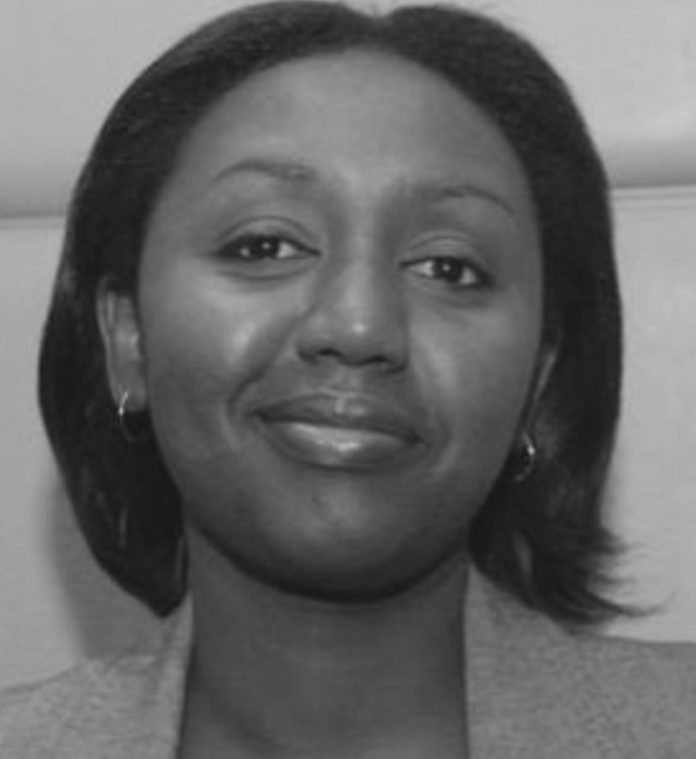In recent developments surrounding the Rwanda-United Kingdom migration deal, Yolande Makolo, the Rwandan Government Spokesperson, clarified key aspects of the controversial arrangement. The agreement, drawing both criticism and support, involves the UK transferring certain asylum seekers to Rwanda, sparking a complex debate on international migration policies.
Makolo emphasized that the funds provided by the UK, intended for the development of infrastructure to support migrants, are not subject to return under the current terms. However, she noted that if the UK government requests a refund, especially in scenarios where migrants are not relocated to Rwanda, this request would be considered.
Critics of the deal argue that the UK is spending a substantial sum – reportedly over £140 million – on this program. They question the fiscal prudence of such an expense, particularly given the ongoing debates within the UK about public spending priorities. On the other hand, supporters argue that these funds are vital for both assisting migrants and boosting Rwanda’s economic development.
Adding to the complexity, President Paul Kagame’s remarks at the World Economic Forum in Davos seemed to contradict Makolo’s statements. President Kagame suggested that the success or failure of the migrant deal is primarily a concern for the UK, not Rwanda. He even mentioned the possibility of refunding the UK taxpayers, a statement that has been perceived as a bold stance on the issue.
The backdrop of this agreement is Rwanda’s political climate. President Kagame has been in power for nearly three decades, during which Rwanda has faced criticism from various human rights organizations and NGOs. Allegations of suppressing journalists, opposition members, and human rights activists, alongside aggressive policies towards neighboring countries, particularly in the Democratic Republic of Congo, have been notable. These factors contribute to the international scrutiny of the migration deal.































































